Last Updated on October 26, 2025
In my early days as an herbalist, I fell in love with nettle for its incredible nutritive properties. At the time, I lived near wooded walking trails and was excited to find nettle growing along the paths. Often, when I was out foraging in the spring, people would stop and ask, “Why are you collecting that?!” To them, nettle was just a nuisance. But what they didn’t realize is that this plant has tons of beneficial properties.
Though nettle’s sting might make some people wary, the plant has been used in folk medicine for centuries. Herbalists cherish nettle for its many different uses as both food and medicine. One way to work with nettle is as a concentrated herbal extract, or tincture. While alcohol tinctures don’t extract nettle’s minerals and nutritive compounds, they do capture many of nettle’s other beneficial constituents, making this preparation a valuable addition to your apothecary.
Benefits of Nettle Tincture
Nettle is rich in flavonoids, polyphenols, and plant sterols, compounds that have demonstrated various health benefits. Here are some of the ways nettle can be used to support health.
May Ease Seasonal Allergies
Nettle has long been used for hay fever and histamine-related responses. Some studies suggest it may help regulate the body’s inflammatory reactions, making it a great herb to work with during allergy season.
Promotes Kidney & Urinary Function
Nettle is known for its diuretic properties, meaning it helps the body release excess fluids. Historically, it’s been used to support kidney function and urinary tract health.
May Ease Joints & Muscle Pain
Herbalists have long used nettle for helping to relieve joint discomfort. Studies have shown that it has anti-inflammatory properties, which may help to support joints and muscles.
Hormones & Prostate Support
One of the most well-researched benefits of nettle is its potential role in supporting prostate health. A randomized, double-blind clinical trial found that nettle significantly reduced symptoms in men with Benign Prostatic Hyperplasia (BPH) compared to a placebo.
Circulatory & Cardiovascular Support
Nettle has also been studied for its effects on blood circulation and cardiovascular health. Some research suggests it may support blood vessel function and overall circulation.
How to Make Nettle Tincture
Making your own tincture is simple.
What You’ll Need:
- Fresh or dried nettle leaves
- 80-proof (or higher) alcohol
- A clean glass jar with a lid
Instructions:
- Fill a clean jar about ¾ full with fresh nettle (or ½ full with dried nettle).
- Pour alcohol over the nettle until it’s fully submerged.
- Seal the jar and shake it gently.
- Store in a cool, dark place for 4-6 weeks, shaking occasionally.
- Strain out the plant material using a cheesecloth, squeezing out any remaining liquid.
Nutrient Dense Alternatives
Since alcohol doesn’t extract minerals, here are better ways to take advantage of nettle’s rich iron, calcium, and magnesium content:
- Nettle Infusion: Steep dried nettle in hot water for 12 hours, or over night.
- Nettle Vinegar: Cover fresh nettle with apple cider vinegar, let it infuse for 4-6 weeks, then strain and use in dressings and other condiments.
Both of these methods extract the minerals that tinctures leave behind.
Nettle tincture is a powerful herbal extract with a variety of traditional uses. Modern research is beginning to confirm some of its these benefits, especially in areas like prostate health and inflammation support. However, if you’re looking for nettle’s famous minerals, stick with tea or vinegar extractions instead.
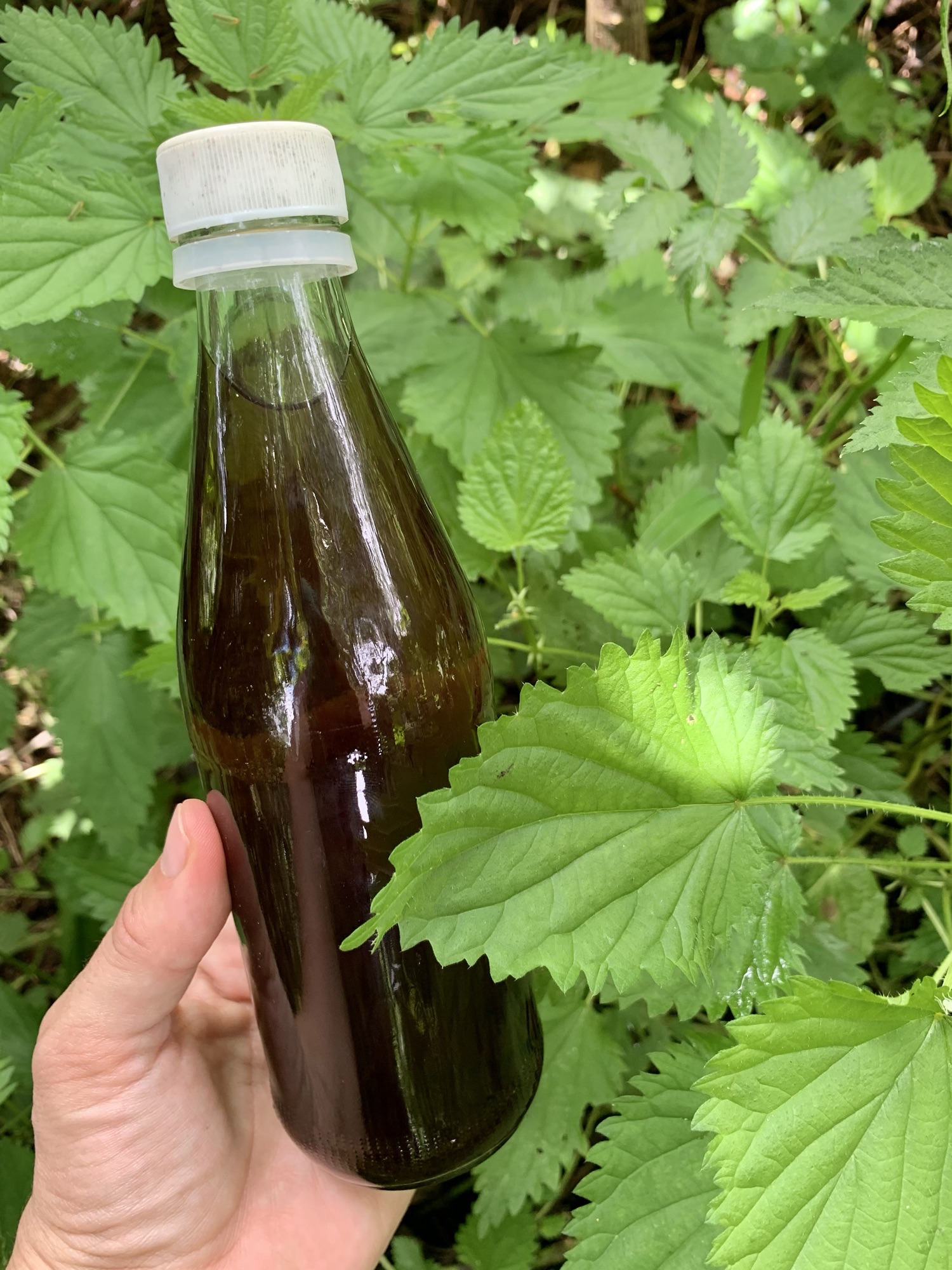
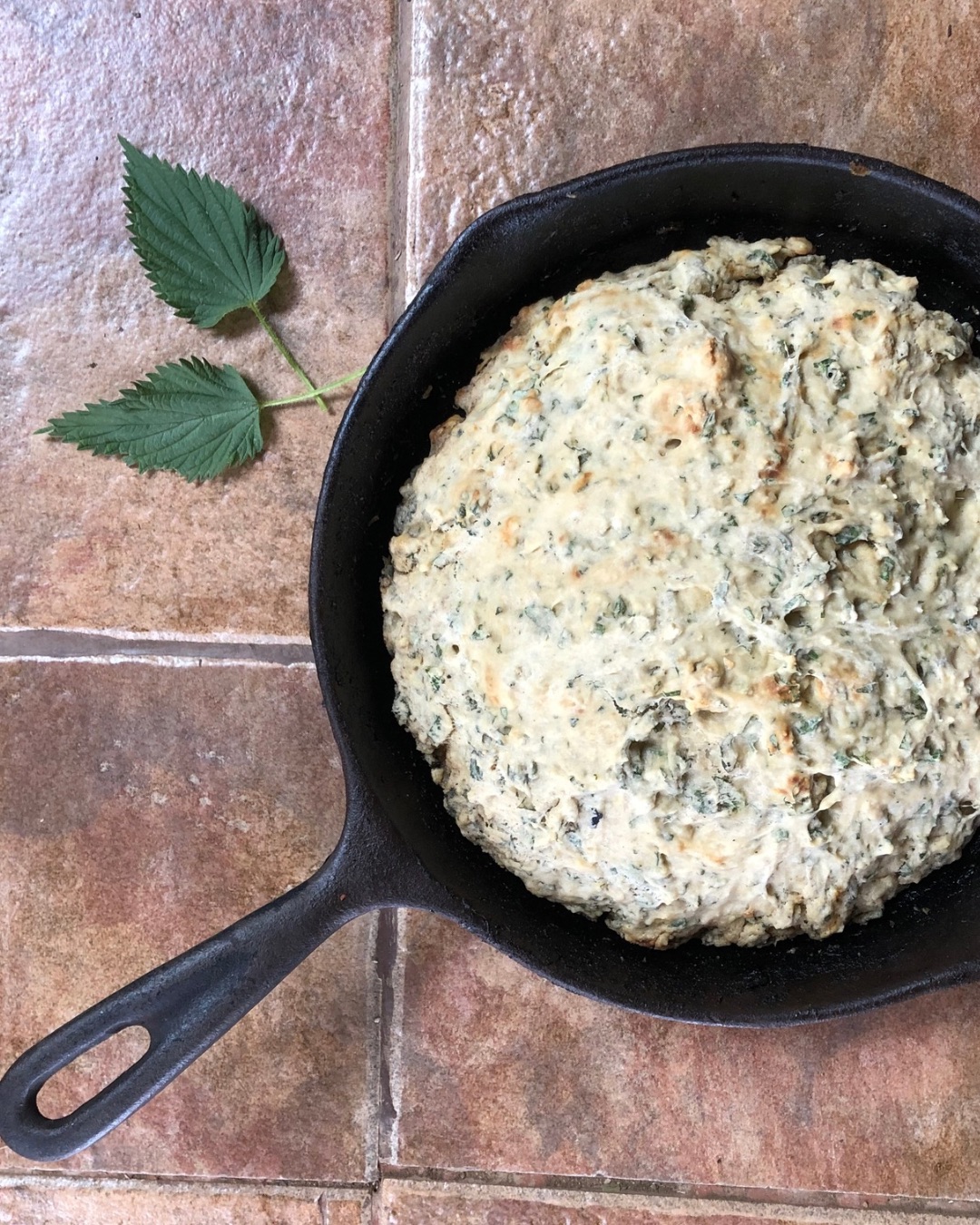
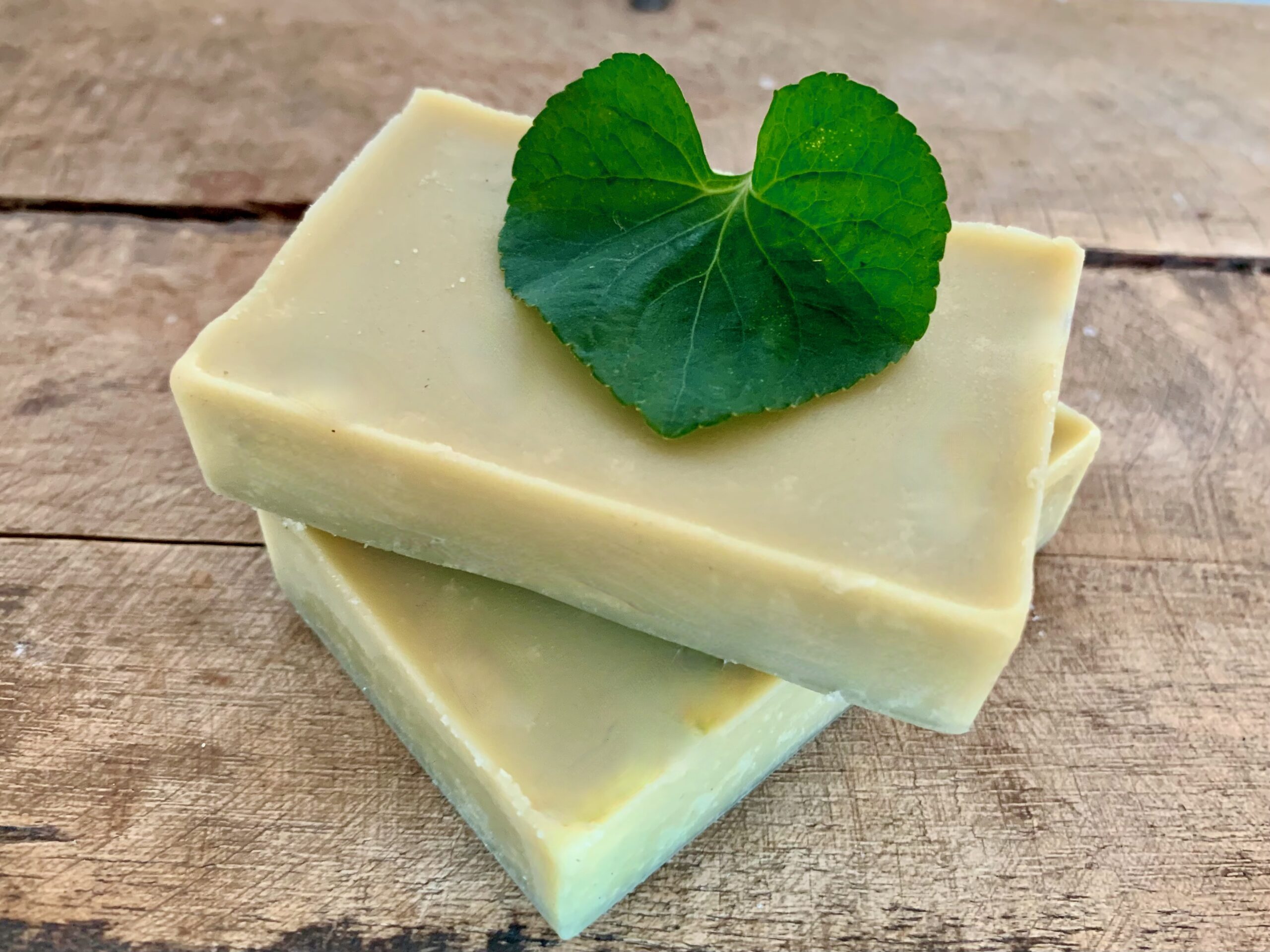
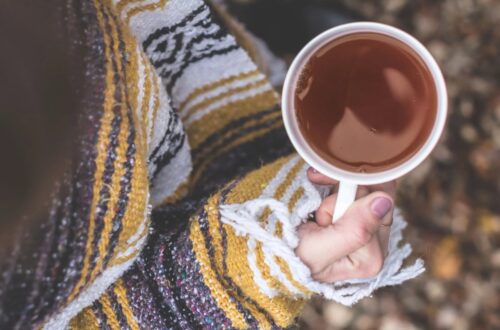

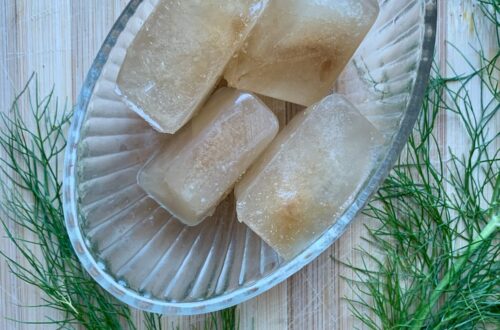
One comment on “Nettle Tincture”